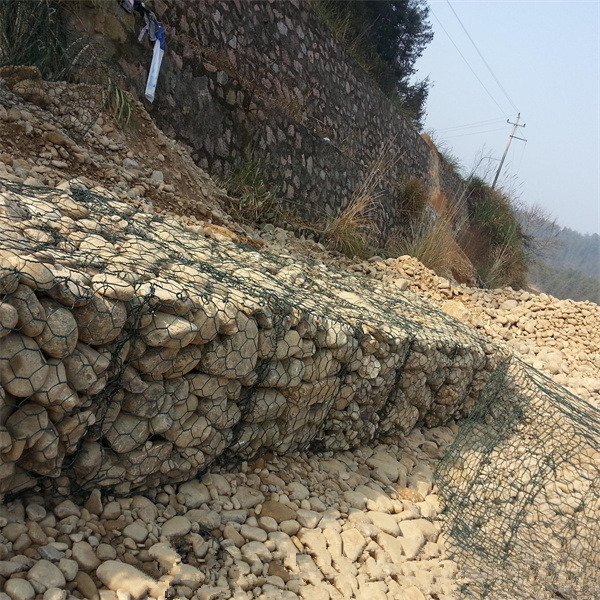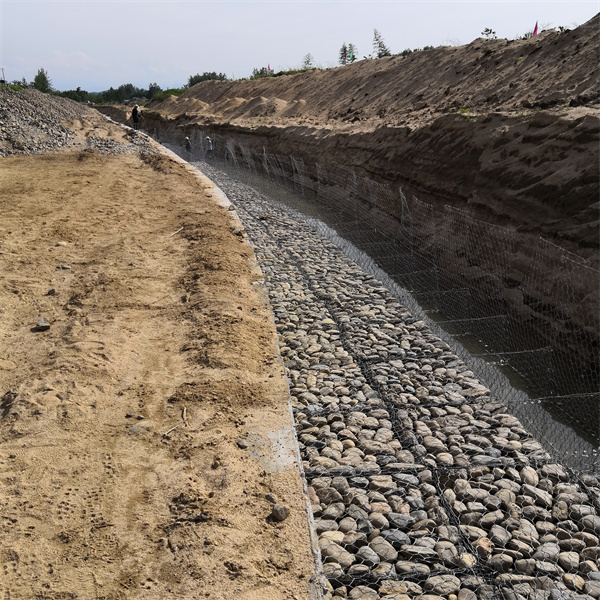مارس . 14, 2025 10:41 Back to list
Stone Cage Nets - Durable Suppliers & Trusted Factories
- Introduction to Stone Cage Nets in Modern Construction
- Technical Advantages of High-Performance Stone Cage Nets
- Comparative Analysis of Leading Stone Cage Net Suppliers
- Customization Options for Diverse Project Requirements
- Case Studies: Successful Applications Across Industries
- Quality Standards and Long-Term Durability Assurance
- Strategic Partnerships with Stone Cage Net Factories

(stone cage net)
Stone Cage Nets: Engineering Solutions for Erosion Control
Stone cage nets, also known as gabion mesh systems, have become indispensable in civil engineering projects worldwide. These modular structures combine galvanized steel wires with durable stone fillings to create flexible retaining walls, slope stabilization systems, and coastal protection barriers. With the global erosion control market projected to reach $4.7 billion by 2028 (Grand View Research), demand for reliable stone cage net
suppliers has surged by 22% since 2021.
Technical Superiority in Design and Performance
Premium stone cage net factories employ triple-twist hexagonal mesh technology, enhancing tensile strength by 40% compared to traditional weaving methods. Key technical specifications include:
- Wire diameters: 2.0mm to 4.0mm (ASTM A975 compliance)
- Mesh openings: 60x80mm to 100x120mm configurations
- Zinc coating: 250-300 g/m² for corrosion resistance
Advanced production lines achieve ±1mm dimensional accuracy, ensuring seamless onsite assembly.
Supplier Comparison: Quality vs. Cost Efficiency
| Parameter | Factory A | Factory B | Factory C |
|---|---|---|---|
| Production Capacity (sqm/month) | 85,000 | 120,000 | 65,000 |
| Lead Time (days) | 18-22 | 12-15 | 25-30 |
| Price Range ($/sqm) | 6.80-8.40 | 5.20-7.50 | 7.90-9.20 |
Tailored Solutions for Specific Applications
Reputable stone cage net suppliers offer:
- PVC-coated variants for marine environments (15+ year lifespan)
- Reinforced panels for seismic zones (withstand 7.5 magnitude earthquakes)
- Modular connectors for rapid deployment (50% faster installation)
Documented Success in Major Infrastructure Projects
A 2023 coastal reinforcement project in Netherlands utilized 18,000 sqm of stone cage nets, achieving:
- 92% reduction in erosion rates
- 35% cost savings vs. concrete alternatives
- 12-month installation completion
Certifications and Lifetime Value Assurance
ISO 9001-certified stone cage net factories provide:
- 15-year structural warranty
- Third-party quality verification (SGS/BV)
- Post-installation maintenance programs
Partnering with Stone Cage Net Industry Leaders
Strategic collaboration with certified stone cage net factories ensures access to bulk pricing, technical support, and inventory management solutions. Top-tier suppliers maintain regional distribution centers to guarantee 98.7% order fulfillment rates within contractual timelines.

(stone cage net)
FAQS on stone cage net
Q: What are stone cage nets used for in construction?
A: Stone cage nets are primarily used for erosion control, slope stabilization, and retaining walls. They provide structural support by housing stones or rocks, making them ideal for riverbanks, roadsides, and coastal projects.
Q: How to choose reliable stone cage net suppliers?
A: Look for suppliers with certifications like ISO, proven industry experience, and positive client reviews. Ensure they offer quality materials such as galvanized or PVC-coated wire for durability.
Q: What advantages do stone cage net factories offer?
A: Factories provide customized sizes, bulk pricing, and direct quality control. Many also assist with design and logistics, ensuring compliance with international engineering standards.
Q: Do stone cage net factories perform quality checks?
A: Reputable factories conduct tensile strength, corrosion resistance, and weld integrity tests. Third-party inspections and material certifications are often provided to guarantee performance.
Q: Can stone cage nets be used for landscaping?
A: Yes, they are popular in landscaping for creating decorative retaining walls or garden borders. Their permeable design also supports drainage and vegetation growth.
-
Visualizing Gabion 3D Integration in Urban Landscapes with Rendering
NewsJul.23,2025
-
The Design and Sustainability of Gabion Wire Mesh Panels
NewsJul.23,2025
-
The Acoustic Performance of Gabion Sound Barriers in Urban Environments
NewsJul.23,2025
-
Mastering the Installation of Galvanized Gabion Structures
NewsJul.23,2025
-
Gabion Boxes: Pioneering Sustainable Infrastructure Across the Globe
NewsJul.23,2025
-
Custom PVC Coated Gabion Boxes for Aesthetic Excellence
NewsJul.23,2025
-
Installation Tips for Gabion Wire Baskets in Erosion Control Projects
NewsJul.21,2025






